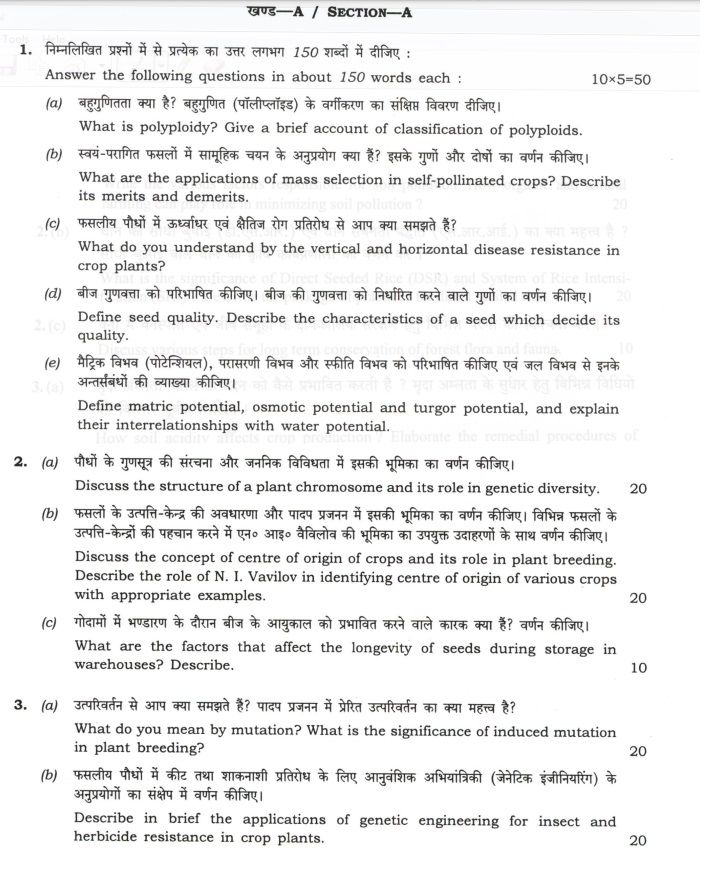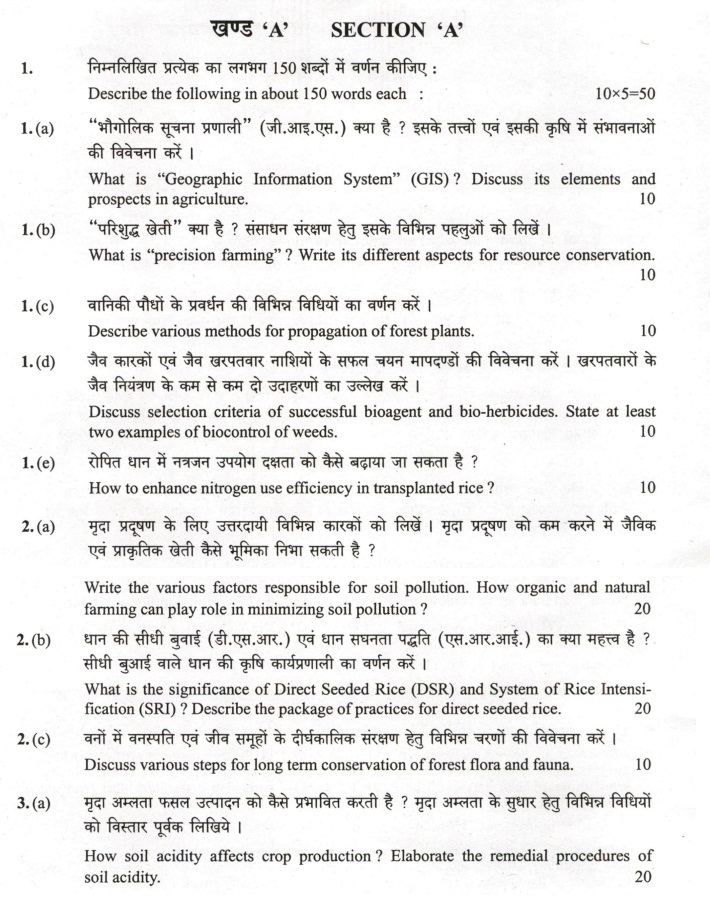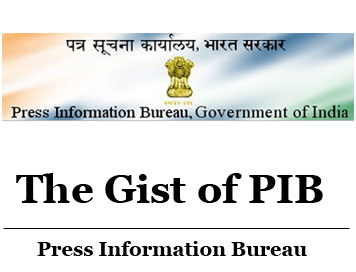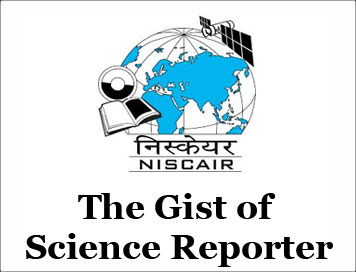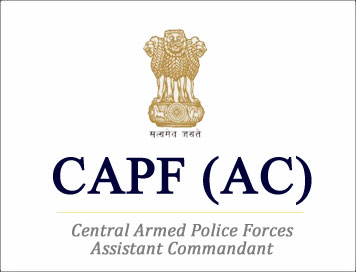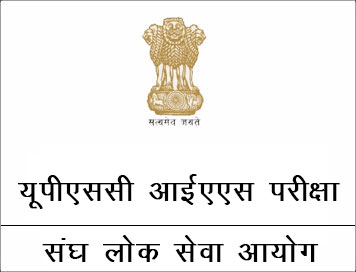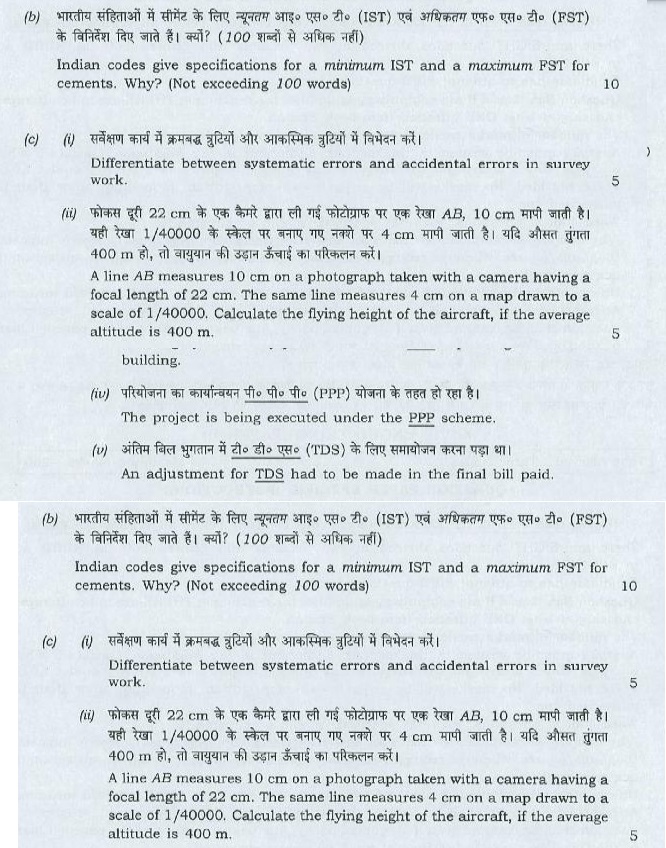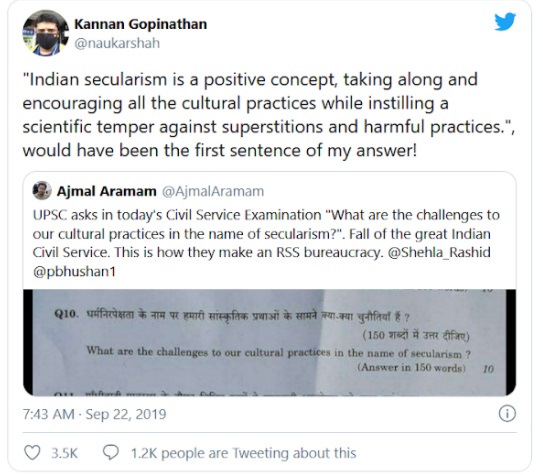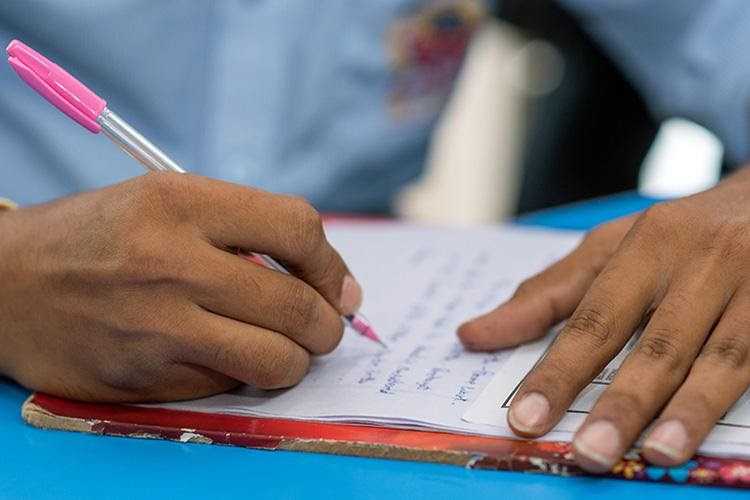
(Getting Started) AIR-112 Sizal Agarwal's Strategy For Philosophy Optional
Sizal Agarwal secured an all India rank of 112 in her fourth attempt in UPSC Civil Services Examination 2019. Both her last 2 attempts have been with Philosophy Optional. Sizal is from a commerce background and the Jorhat district of Assam. She holds a graduate degree in Commerce, and currently, she is pursuing her post-grad as a Master of Economics student. She had started her preparation in 2014 right after her graduation and dedicated 10 months just to it. Thereafter, she has been trying to find her name in the final merit list, finally succeeding this year.
Book List
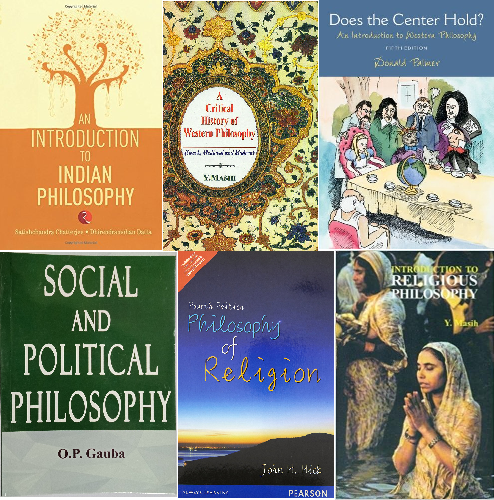
Standard Text Books
- Indian Philosophy – Dutta and Chatterjee
- Western Philosophy – Y Masih, Donald Palmer
- Socio-political Philosophy – O.P. Gauba
- Philosophy of Religion – Y Masih, John Hick
Additional Study Material
- Patanjali IAS Printed Material
- Mitra’s Printed Notes
Key Points To Pursuing Philosophy Optional
Conceptual Clarity
Philosophy is all about having a vision. Until and unless one can understand the point of view of different philosophers, they will not be able to tackle this subject. Conceptual clarity thus becomes the most important element for Philosophy optional. Mugging up details will not help.
An important part of Sizal’s Philosophy strategy was analyzing past years’ papers. They were her pillars. Paper-I especially comes with a barrage of repetitive questions and you can find some common topics if you have analysed PYQs.
Study The Syllabus Serially
Philosophy has trends and there is a flow to the ideas. To understand them properly one must read these concepts serially.
Notes Making
Philosophy doesn’t have one source material. There are multiple sources one must follow. Making notes is important to ensure you have all the information at the same place. It also helps one connect the similarities and dissimilarities between thinkers.
The Paper-II of Philosophy has become very dynamic. It is important to connect recent events to concepts to write the paper-II.
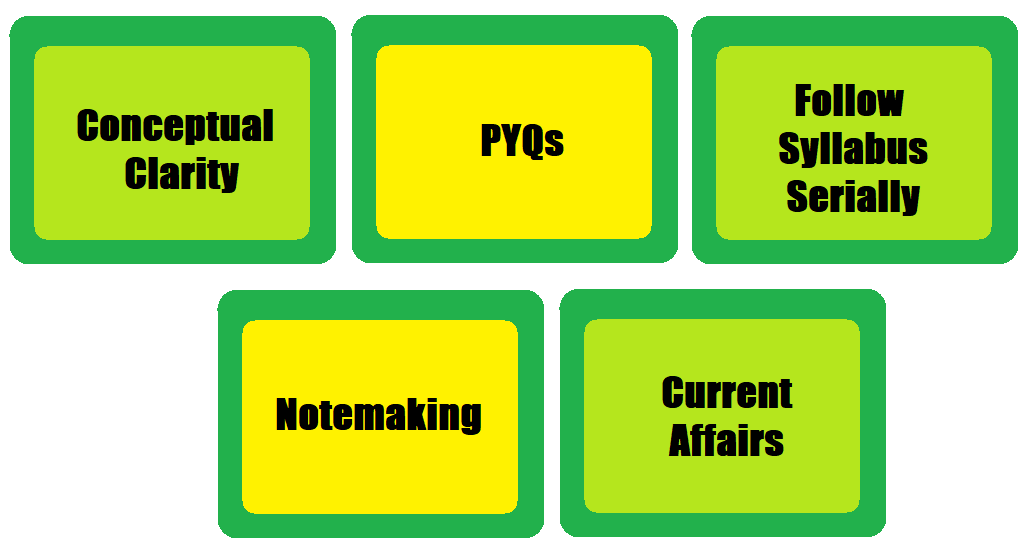
Key Strategies
Answer Writing
The first thing to remember is that this is not a General Studies paper. The demand for the paper is philosophical values and concepts. For example, if a question asks about the solution to terrorism, do not start ranting about social and economic aspects. Instead write about interfaith dialogue, distinguishing faith from blind adherence, the need to promote religious tolerance, etc.
The richness of content is important to score well. For example, whether you have used keywords, what real-life example you use, if you have analyzed the philosophy you have used, etc. Identify command words such as “Describe”, “Analyze”, “Critically examine”, and write answers fulfilling the distinct demand of each of these words.
Do not forget to point out similarities of the philosophy asked in the question to that of others across time, or any such distinct dissimilarities between contemporaries. Try to solve PYQs to understand the scope and depth of the questions that will be asked.
Message To Aspirants
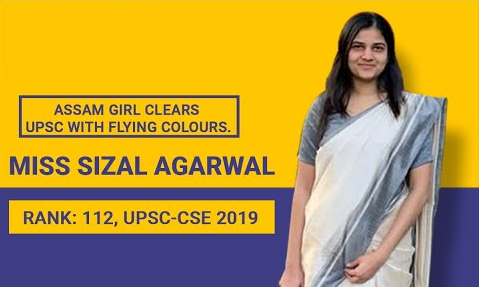
Always remember these days Youtube videos and Google searches are always there for your help. Do not be afraid to collect material all over. Philosophy is a very interesting subject. As long as you put in the right effort, you will succeed.
© IASEXAMPORTAL
CLICK HERE TO DOWNLOAD UPSC TOPPERS NOTES


